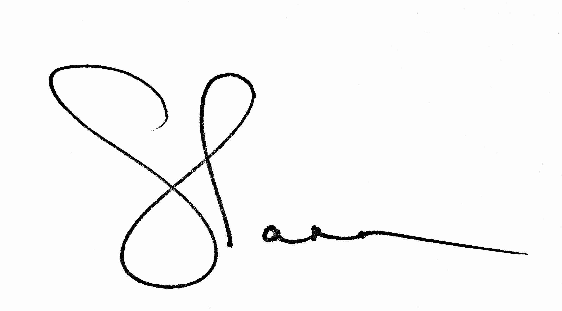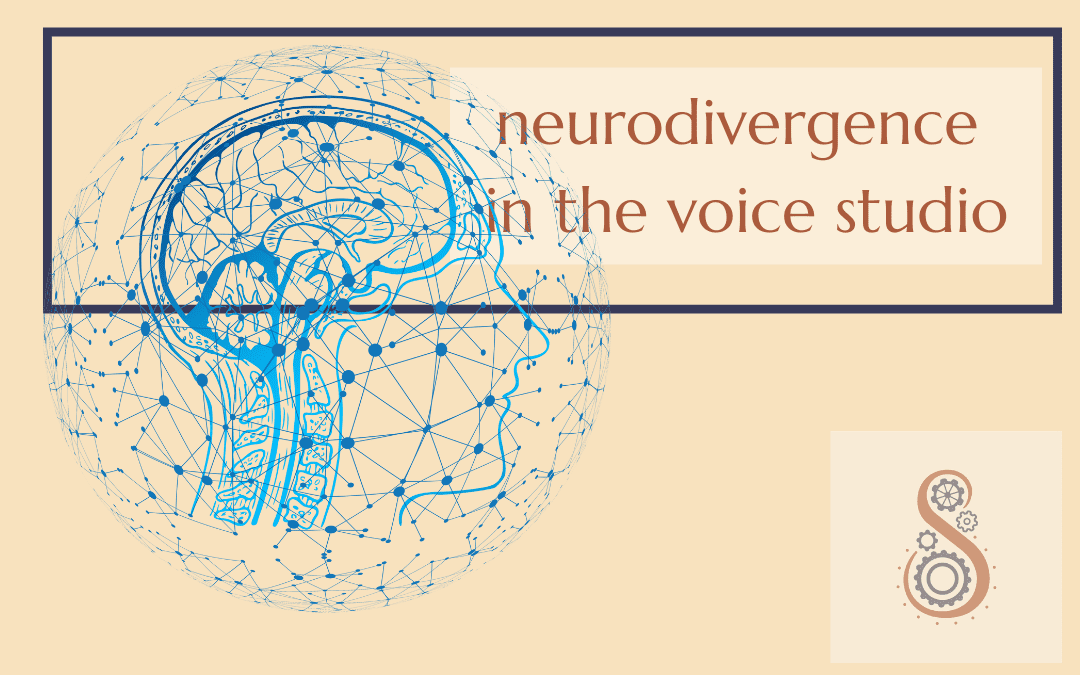my skin in the game
Something you may not know about me is that both of my teenaged children are neurodivergent. That is, they have diagnoses ranging from autism to dyslexia to general anxiety to attention deficit (non hyperactive) disorder. And a few other things besides.
BUT because my children do not present in the ways that society generally expects autistic or attention deficit disordered children to present (that is, my children meet your eye when you speak to them, they don’t have noticeable stims (such as, hand flapping, rocking, excessive blinking, etc.), they respond appropriately (by society’s standard) to instruction, they respect authority figures, they do not have unexpected outbursts or uncontrollable behaviours, and they appear to communicate well), their teachers (and their peers; but that’s a whole other therapy session) rarely know to give them the accommodations they need or to teach them in the way that will help them to be successful.
neurodiversity in the school system
Although there have been MANY wonderfully understanding and supportive teachers, administrators, and guidance professionals along the way, we have never (yet! DARE TO DREAM, I say!) had a school semester in which we did not need to intervene and request that a teacher update an assessment method, or expand a teaching methodology, or revise the parameters of a project in order to help my children be understood and have the tools they need to be successful.
In some cases, educators do not recognize the signs of neurodiversity in our “well-behaved” and “non-presenting” children (we have heard, “but … they don’t seem autistic” from more than one guidance counsellor).
In many cases, educators do not have the training they need in order to change their teaching modalities and assessment methods in order to help more children be successful.
In other cases, educators are simply overwhelmed by the enormity of classroom management to the point that a “successful day at school” is one in which they have been able to deliver at least some of the curriculum to at least some of the class.
And, of course, the 2020 pandemic has placed an added burden on educators everywhere.
unrecognized neurodivergence leads to misunderstood students & exhausted teachers
Here’s the thing: when neurodivergent children (and grown people too!) are taught, assessed, and treated with the misunderstanding that they are neurotypical, they tend to be perceived as:
- “Lazy” students who can’t seem to get anything done on time or who never seem to be prepared
- “Resistant” students who do not want to try new ideas or take risks (especially if there is not an immediate payoff)
- “Unengaged” students who don’t seem to listen when you’re speaking, who don’t want to stand for very long or who have a consistently slumped posture
- “Distracted” students who fiddle with every object in the room except the one they’re supposed to be focussing on
- “Rude” students who ask inappropriate questions, who talk longer and/or louder than they should, or who respond inappropriately to social cues and teaching directives
- “Angry” students who seem easily frustrated and unable to exercise emotional control
And educators can feel defeated, exhausted, and resentful when they cannot connect with students or if they begin to believe that their students are just lazy, resistant, disengaged, distracted, rude, or emotionally explosive, and that they have no way to change those behaviours.
neurodiversity in the voice studio
So, this.
This, my friends, is one of the wonders and privileges of being an independent voice teacher and of working with students one on one (and in small groups); we are *literally* being paid to tailor the learning experience to each individual student. *LITERALLY*
And so, WE GET TO DO JUST THAT!
Which is why, in 2020, I created a Virtual Voice Ped Power Up for Independent Voice Teachers to learn more about working with neurodivergent singers in the studio.
POPUP voice ped class
In 2021, I am revisiting the Virtual Voice Ped Power Up and calling it, simply, a POPUP Voice Ped Class on Neurodivergent Voice. I hope you will join me on Wed, 14th April at 10am (et) for a class that is SO SO SO VERY CLOSE TO MY HEART.
In this class, we will
- start to address our own judgements around student behaviour
- learn how to view those behaviours as indicators of ways we can better-serve our students, and
- be inspired to create even more inclusive studios that serve every one of our students even better than we already do.
And we will come away with
- new strategies for connecting with every student,
- expanded teaching methodologies to ensure the best possible learning,
- studio setup tips so that every student feels welcomed and comfortable, and
- creative communication ideas for working with EVERY singer in our studio.
Doesn’t that sound amazing? Let’s do this together, shall we?
with love,

PS For more details & registration information, CLICK HERE.
PPS To skip those pesky details & go straight to registration, CLICK HERE ($97 CAD)
PPPS In April, I am also offering a Voice Ped Practicum on Neurodivergent Voice with a Q&A with Allison Davies (!) – for more information on that, CLICK HERE.
PPPPS Here’s the link to a recent FB Live I did about the language we use in conjunction with neurodiversity

0 Comments